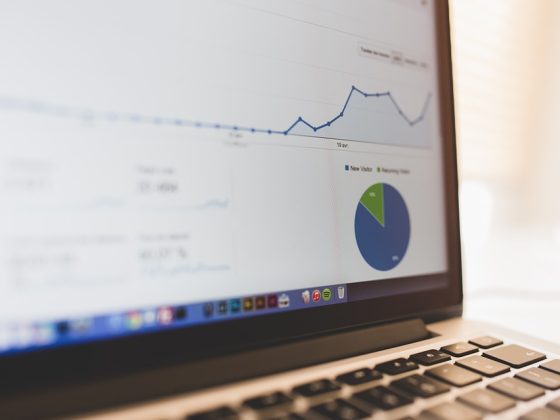end.
Business analytics is a powerful tool that can provide organizations with valuable insights into their operations, customers, and market trends. By analyzing data from various sources and interpreting it in meaningful ways, businesses can unlock the potential for growth and success. In today's fast-paced and competitive business environment, harnessing the power of data is essential for staying ahead of the curve.
Unlocking the potential of business analytics involves using data to drive strategic decision-making, optimize processes, and identify new opportunities for growth. With the right tools and expertise, businesses can transform raw data into actionable insights that can drive innovation and improve performance.
One of the key benefits of business analytics is the ability to identify patterns and trends within data that may not be immediately apparent. By analyzing historical data and predicting future outcomes, businesses can make informed decisions that are grounded in data-driven insights.
For example, a retail company can use business analytics to analyze sales data and identify customer buying patterns. By understanding which products are selling well and which are not, the company can adjust its inventory and marketing strategies to maximize profits. Similarly, a financial services firm can use business analytics to analyze customer data and identify opportunities for cross-selling and upselling.
Another benefit of business analytics is the ability to streamline processes and improve efficiencies. By analyzing data on operational performance, businesses can identify bottlenecks, inefficiencies, and areas for improvement. By optimizing processes and workflows, organizations can reduce costs, improve quality, and increase productivity.
Business analytics can also help businesses identify new opportunities for growth and innovation. By analyzing market trends, customer behavior, and competitor data, businesses can identify untapped markets, emerging trends, and gaps in the market. This information can help businesses develop new products and services, enter new markets, and gain a competitive edge.
To unlock the potential of business analytics, businesses need to invest in the right tools, technologies, and expertise. This may include data analytics software, data visualization tools, and data science skills. It is also important for businesses to have a data-driven culture that values and prioritizes data analysis and interpretation.
In addition, businesses should develop a data strategy that aligns with their business goals and objectives. This may involve collecting data from various sources, analyzing it in meaningful ways, and using insights to drive decision-making and strategy development. By leveraging data effectively, businesses can gain a competitive advantage and drive growth and success.
Overall, business analytics is a powerful tool that can help businesses unlock their full potential. By analyzing data, deriving insights, and taking action based on those insights, businesses can drive growth, optimize processes, and identify new opportunities for innovation and success.
FAQs
1. What is business analytics?
Business analytics is the practice of using data, statistical analysis, and predictive modeling to gain insights and drive decision-making within an organization. It involves the collection, processing, and analysis of data from various sources to extract meaningful insights that can drive strategic decision-making.
2. What are the benefits of business analytics?
Business analytics can help organizations identify patterns and trends within data, streamline processes, improve efficiencies, and identify new opportunities for growth and innovation. By leveraging data effectively, organizations can gain a competitive advantage and drive success.











